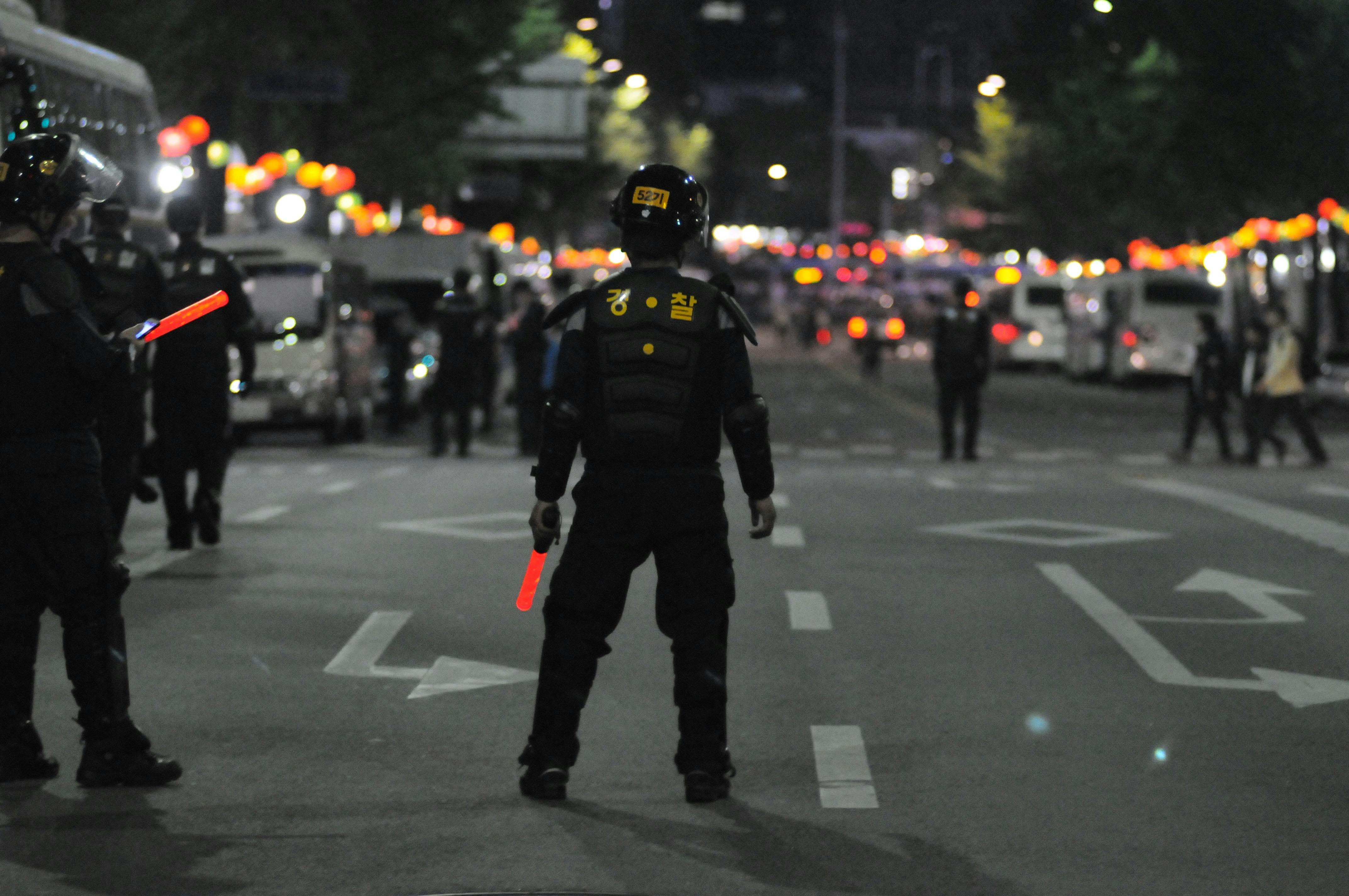Self-Concept and Anger Management of Police Officers
DOI:
https://doi.org/10.59120/drj.v16i3.428Keywords:
Anger management, Davao Oriental Police Provincial Office, Mati City, police officer, self-conceptAbstract
Police work is often viewed as a high-stress profession due to its demanding nature. Officers face numerous complex situations daily and must make quick decisions under pressure. Therefore, it is essential to examine and evaluate the well-being of law enforcement officers, as these factors are closely tied to their performance within the police force. Consequently, this study aims to determine the level of self-concept and anger management of police officers from the Davao Oriental Police Provincial Office in Mati City, Philippines. A quantitative research design using a descriptive-correlational approach has been employed to examine the relationship between self-concept and anger management among police officers. A total of 146 respondents have been selected through a complete enumeration method. The data was analyzed using mean and correlation techniques. The study’s findings revealed that most respondents were between the ages of 31 and 35, the majority were non-commissioned officers, and had served for 10 to 12 years. The results indicated that the respondents had a high level of self-concept. Regarding anger management, the study showed that police officers effectively managed their anger in work-related situations. The findings highlighted that officers with a positive self-concept are more likely to regulate their anger effectively, leading to healthier emotional control. Additionally, those who observe effective anger management strategies in their colleagues tend to adopt similar behaviors, fostering a more harmonious work environment.
Downloads

Downloads
Published
Issue
Section
License
Copyright (c) 2025 Sunshine Bilbao, Jarish Jan Glovasa, Pete Andre Similatan, Noreen M. Javier

This work is licensed under a Creative Commons Attribution-NonCommercial 4.0 International License.
DRJ is an open-access journal and the article's license is CC-BY-NC. This license allows others to distribute, remix, tweak, and build on the author's work, as long as they give credit to the original work. Authors retain the copyright and grant the journal/publisher non-exclusive publishing rights with the work simultaneously licensed under a https://creativecommons.org/licenses/by-nc/4.0/.





